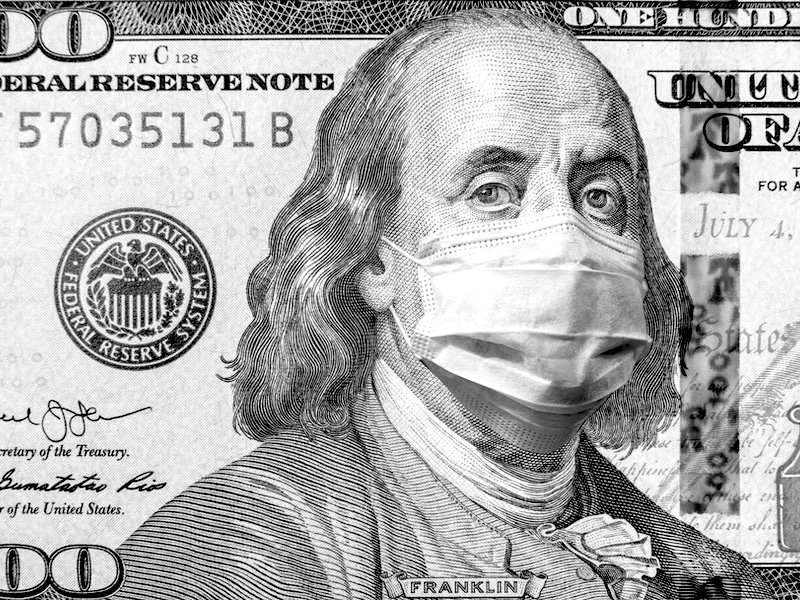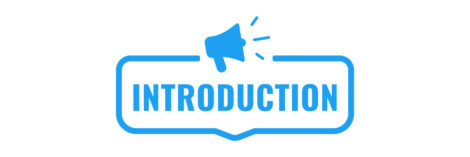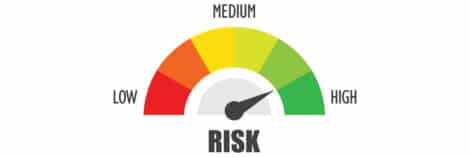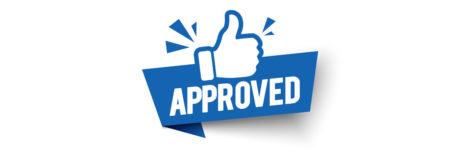
The Covid-19 crisis is going to make many losers and very few winners. A definite recovery will undoubtedly occur in 2021. In the meantime, some things can be done to come out a winner in 2021 and after that.
If you only have 30 seconds
- Do not count on a strong recovery before January 2021.
- Forget 2020
- Prepare already for the recovery in January by taking care of your inbound marketing (how is your mailing list?).
- Anticipate customer needs in 2021 and beyond to reinvent yourself. Today’s services and products, won’t be tomorrow’s products and services.
Summary
- Introduction
- When will things get back to normal?
- What impact will the COVID have on my business?
- What should we do in the meantime?
- Do I need to reinvent myself?
 Introduction
Introduction
25% unemployment, a halted economy, projects stopped and contracts cancelled overnight. The Covid-19 crisis shook companies, and the shockwave will be felt all over again. No one can project themselves into the future and reassure themselves about the actions to be taken to still have a place in society tomorrow.
When will things get back to normal?
In short, I think that for a majority of sectors, the year 2020 can already be forgotten. It can no longer be counted on. It is better to look ahead to 2021. The demands in 2020 will remain at historically low levels.
I don’t think I’m particularly pessimistic in writing this, just realistic. Even the sectors least affected by the crisis are stopping investments. In the agri-food sector, for example, 70% of French companies have been negatively impacted, and the drop in turnover is 22% on average. Cash flow has been hit by rising costs, resulting in a freeze on investment.
These investments will only resume when consumers begin to re-consume, and manufacturers have confidence in this recovery. And for internal business reasons (preparation of the 2021 budgets from September onwards), nothing further will happen in 2020. I invite you to read in this article why the recovery will be slow and will not take place before January 2021.
The unfortunately logical consequence is that you must now reduce all your costs to be able to hold out until 2021. Because the long-awaited recovery in 2020 is likely not to happen. I am one of those who believe that only a vaccine will be able to restore a healthy life and that this vaccine will not be available until the second half of 2021.
What impact will the COVID have on my business?
The COVID crisis will likely result in a significant drop in your turnover. Few companies will be spared. Not everyone is fortunate enough to be in one of the few growth sectors.
Some are trying to calculate the impact precisely. For my part, I tell myself that if I manage not to lose more than 50% of my turnover, I will be happy.
What should we do in the meantime?
Prepare for the recovery! That’s what you need to do! How do I do it? By already taking care of your existing customers (this is the principle of customer loyalty). If your employees are still active and have less to do, use this time to have them do customer follow-up, to help your customers without asking them for extra money.
Other points of action: taking care of your inbound marketing on the one hand (see a concrete example here), taking care of your mailing list on the other.
Let’s start with inbound marketing. You’ve probably never had so much time available. Use it to create content and communicate on social networks. It would help if you stayed at the top of minds so you won’t be forgotten when things start up again. As far as we’re concerned, we’ve increased our frequency of publication, multiplied podcasts and ultimately doubled our traffic.
Your mailing list also deserves your interest. I had dropped mine for years; the crisis was the time to develop a call-to-action to insert in my articles to simplify the subscription. There is still a lot of room for improvement, but technically it works, and the subscribers are accumulating.
Do I need to reinvent myself?
This seems indispensable to me. I don’t think it will be possible to work as before. Nor do I think it will be possible to do business as before. Unemployment will put companies under pressure, marketing budgets will decrease, innovation will mechanically slow down, the competition will intensify, and prices will fall. So, don’t count on the next 2 years for your organic growth unless you innovate yourself.
Looking to the future necessarily means thinking about a much more digital world in which the majority of companies will be disoriented because they will not have the codes.
I think it’s time to take stock of one’ s capacities, one’ s assets and to invent the products and services of tomorrow. Everyone is in the same situation, but only a tiny minority can project themselves. Be part of that minority. Ask yourself what 2021 will be made of, what businesses and consumers will want. The rupture has been so brutal that it puts us in a relatively comfortable position to imagine the world afterwards. The incredible innovation, so risky (“will consumers want this extra functionality?”) is behind us.
To be able to project oneself into the future, it is necessary to think about a much more digital world in which the majority of companies will be disoriented because they will not have the codes. To propose solutions to manage these new codes; these new activities will necessarily be putting ourselves in a position to win in tomorrow’s world.
Images : shutterstock
Posted in Entrepreneurship.





